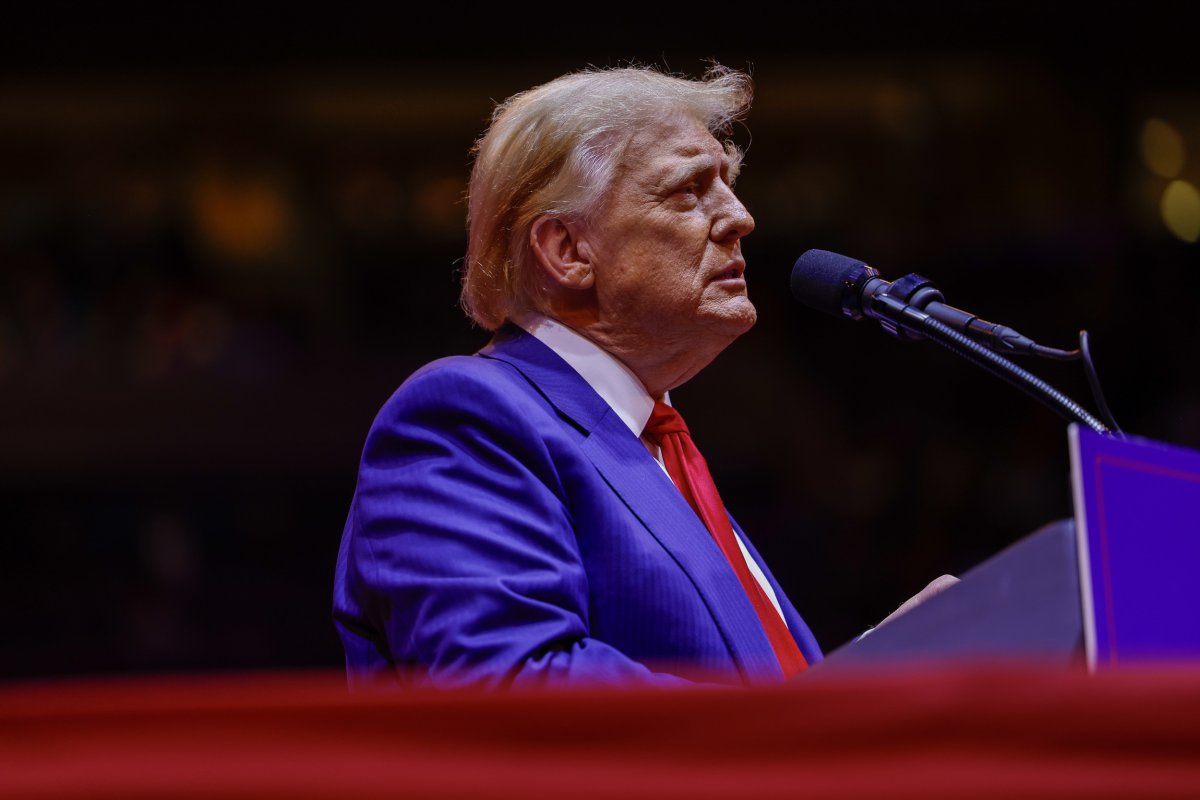The Biden administration has signaled its intent to focus on persuading the incoming Trump administration to continue substantial defense support for Ukraine, amid concerns that the U.S. might withdraw backing for the Zelensky government while seeking peace with Moscow.
“President Biden will have the opportunity over the next 70 days to make the case to the Congress and to the incoming administration that the United States should not walk away from Ukraine, that walking away from Ukraine means more instability in Europe,” Biden’s National Security Advisor Jake Sullivan told CBS News on Sunday.
President-elect Trump hasn’t explicitly stated plans to end all aid, but he recently mocked President Zelensky as the “world’s greatest salesman” for securing significant new taxpayer funds. Incoming Vice President J.D. Vance has been even more critical, expressing frustration over fellow Republicans’ willingness to readily approve billions in aid to Ukraine.
In the meantime, Sullivan assured that the White House intends to ensure Ukraine receives all congressionally approved aid “on time and in full.” “Our approach remains the same as it’s been for the last two and a half years, which is to put Ukraine in the strongest possible position on the battlefield so that it is ultimately in the strongest possible position at the negotiating table,” he said on CBS’s “Face the Nation.”
In a noteworthy moment during the Sunday interview, Sullivan also mentioned tensions in Southeast Asia involving China, Japan, and Taiwan, suggesting that a reduction in U.S. support for Ukraine could signal to China that the U.S. is in retreat.
“President Biden will make the case that we do need ongoing resources for Ukraine beyond the end of his term because the threat to Ukraine will remain no matter what exactly happens on the battlefield or at the negotiating table,” Sullivan added.
Sullivan concluded the interview by affirming that President Biden “will have sent the full amount of resources and aid to Ukraine the Congress has authorized” by January 20.
However, Zelensky’s major request—the use of U.S.-supplied long-range missiles to strike deeper into Russian territory—remains unapproved by the Biden administration. This is unlikely to change under the Trump administration, given Trump’s emphasis on rapidly ending the war and securing a lasting ceasefire. Moscow views long-range attacks with U.S. weapons as a ‘red line,’ which would likely obstruct any ceasefire negotiations. The Trump team appears to understand this and is therefore unlikely to consider this option.
 Telegram is where we really talk. Don't miss out!
Telegram is where we really talk. Don't miss out!








